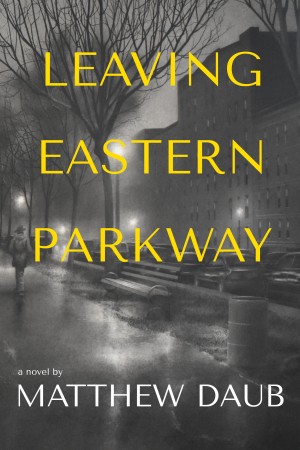Nora Rubel starts with the proposition that mainstream Jews in America feel threatened by an “invasion” of the ultra-Orthodox, and she looks to literature and film as a way of understanding those fears. She finds that the writing and films on the topic over the past 25 years often fit into archetypal narratives.
In her chapter “Rebbes’ Daughters,” Rubel cites books by Erich Segal, Pearl Abraham, and Anne Roiphe that see gender equality as a necessary release from a stultifying, egregiously unfair tradition. A second group of stories, including the 1999 Israeli film Kadosh, follows the classic form of the gothic captivity tale, about women trapped in threatening situations by suspect minorities like Indians or Catholics. In the Jewish context the imprisonment and oppression are perpetrated by menacing haredi men.
A third archetype reflects anxiety about the growth of ultra-Orthodoxy expressed through the “kidnapping” or defection of young Jews. In books by Tova Reich and Anne Roiphe, parents feel that their children have been ensnared by a cult and brainwashed into giving up the free choices of American life. As Rubel observes, the real fear is that “the haredim have kidnapped Judaism in general.” By tracing that fear through recent works of fiction, her smart and perceptive book illuminates the phenomenon in a way that mere facts cannot. Bibliography, index, notes.
Read Nora Rubel’s Posts for the Visiting Scribe
Bob Goldfarb is President Emeritus of Jewish Creativity International.




